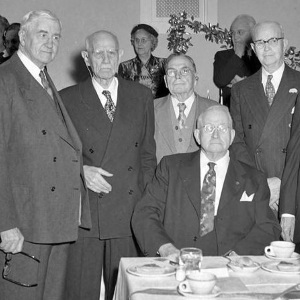Men of African ancestry inherit about twice the prostate cancer risk on average compared to men of European ancestry, while men of Asian ancestry inherit about three-quarter the risk of their white counterparts — evidence that genetics play some part in the differences in how often cancer occurs in different racial groups.
The study by scientists at the University of Southern California Center for Genetic Epidemiology and the Institute for Cancer Research in London included the genetic data from more than 200,000 men of European, African, Asian and Hispanic ancestry in the largest, most diverse genetic analysis ever conducted for prostate cancer — and possibly for any other cancer.
The study’s authors identified 86 new genetic variations that increase risk for prostate cancer, not previously discovered, bringing the total number of risk loci for prostate cancer to 269. Applying a model for assessing prostate cancer risk based on the interplay of these genetic factors, the researchers showed that men of African ancestry inherit about twice the prostate cancer risk on average compared to men of European ancestry.
“Our long-term objective is to develop a genetic risk score that can be used to determine a man’s risk of developing prostate cancer,” said Christopher Haiman, director of the USC Center for Genetic Epidemiology. “Men at higher risk may benefit from earlier and more frequent screening, so the disease can be identified when it’s more treatable.”
- See “Largest, most diverse prostate cancer study identifies new genetic risk factors” by Wayne Lewis on the University of Southern California news website (January 4, 2021)
- See the abstract of the scientific paper “Trans-ancestry genome-wide association meta-analysis of prostate cancer identifies new susceptibility loci and informs genetic risk prediction” by David V Conti et al.




